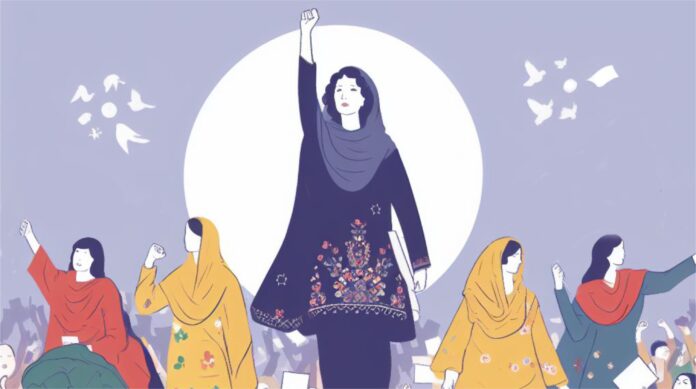TDEA-FAFEN Organizes Two-day Workshop for Provincial Women Legislators
KARACHI, September 11, 2024: The Speaker Sindh Assembly Syed Awais Qadir Shah Wednesday said that the Sindh Assembly Secretariat will notify the Women Caucus in the coming days and explore mechanisms to set up a Gender Mainstreaming Committee in the Provincial Assembly. He made these commitments during his remarks at a two-day participatory learning workshop aimed at enhancing the knowledge and skills of provincial women legislators that concluded on Wednesday.
The workshop, organized by the Trust for Democratic Education and Accountability – Free and Fair Election Network (TDEA-FAFEN), was attended by 16 women legislators from Pakistan Peoples Party Parliamentarians (PPPP) and Muttahida Qaumi Movement Pakistan (MQMP). The sessions focused on enhancing legislative performance to yield effective representation and drive women-focused policy change.
In his keynote address, Speaker Syed Awais Qadir Shah emphasized the Sindh Assembly’s unmatched commitment to gender mainstreaming. He further highlighted the ongoing efforts to digitize the Assembly’s operations and upgrade its website to provide legislators with better access to legislative resources and improve transparency. The Speaker also assured civil society organizations of his office’s openness to collaboration, particularly in capacity-building initiatives for women legislators.
FAFEN Chairperson, Mossarat Qadeem, in her opening remarks, highlighted the importance of effective women’s representation as a prerequisite for democratic change. She stressed the need for equipping women legislators with the skills necessary to translate their voices into impactful legislation.
The workshop was part of TDEA-FAFEN’s Women Leadership Development Program (WLDP) to support women legislators elected on reserved seats in cultivating their own interest-based constituencies. This program seeks to empower women legislators by enhancing their parliamentary and political skills through learning workshops, technical support for legislative drafting, constituency building, and networking opportunities with civil society organizations and media.
During the workshop, the participants explored strategies for translating women’s voices into legislation and policymaking and engaged in discussions on the use of parliamentary tools for effective women representation. Specific sessions focused on the practice and procedure concerning the question hour, CANs, resolutions, public importance discussions, legislative process, and functioning of assembly committees. The sessions were facilitated by experienced trainers from TDEA-FAFEN.
GENDER MAINSTREAMING A PRIORITY FOR SINDH ASSEMBLY: SPEAKER




